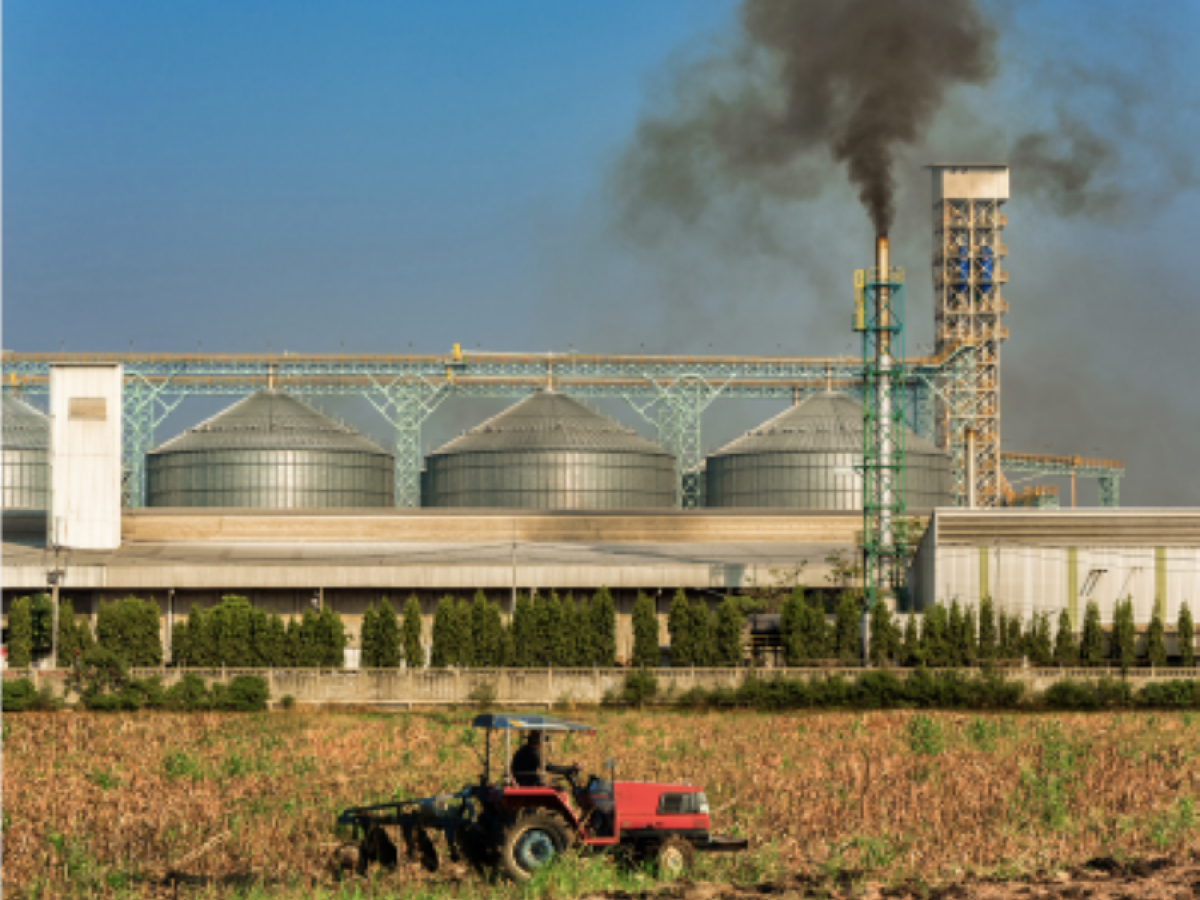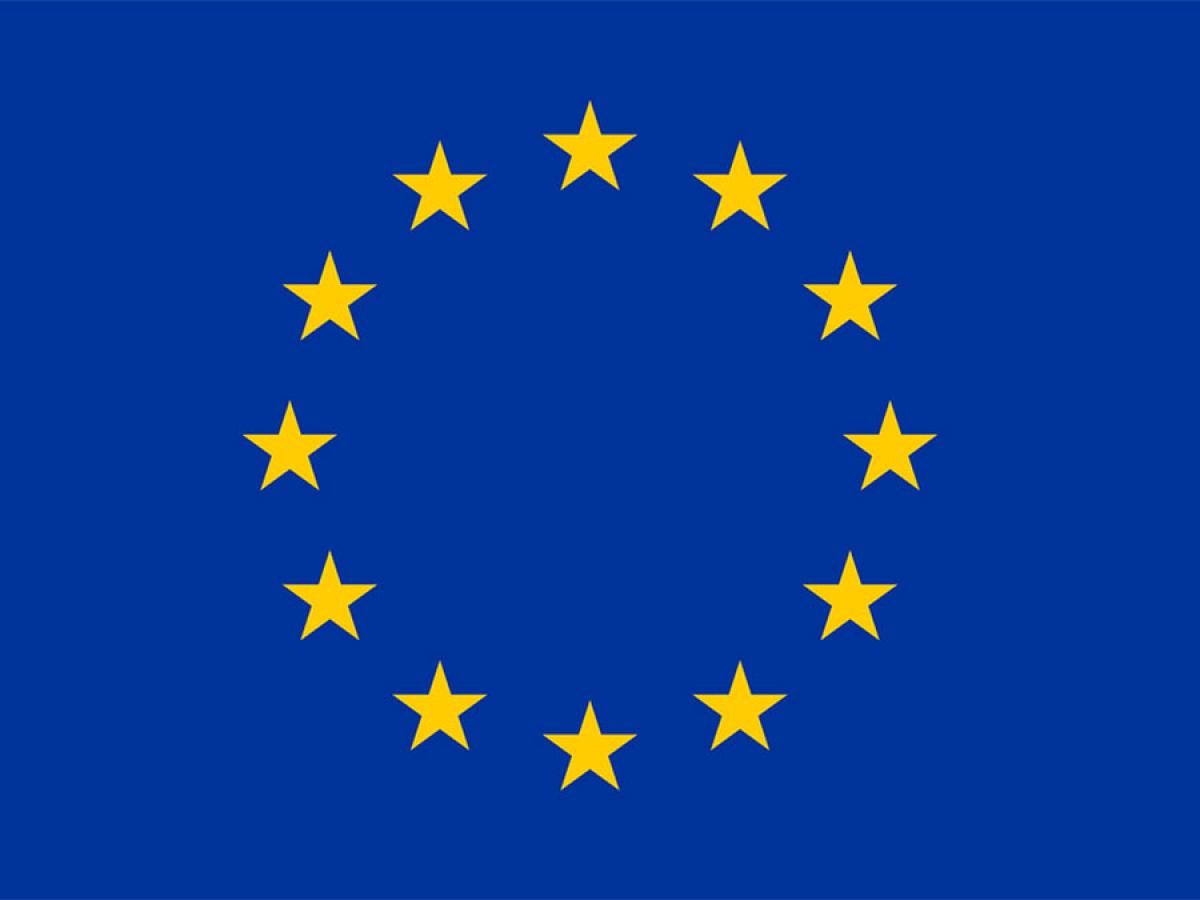Carbon Tax Creep Beyond Industrial Goods: Challenges and Risks for Extending Coverage to Agriculture

Governments around the world are implementing emissions reduction policies to mitigate the impact of global warming, however the application of climate policies will occur at different speeds and depth due to varying levels of development and degrees of ambition. Absent intervention this will result in emissions arbitrage, as production (and the inherent emissions) shifts to where the regulatory burden is lower.
Without an equitable price on emissions amongst trading nations, domestic abatement measures may be undermined if other countries enforce a lower price on carbon. To equalise the gap between national policies, Carbon Border Adjustment Mechanisms (CBAM) have been proposed to level the playing field between domestic and foreign companies and to prevent carbon ‘leaking’ to where the emissions cost is lowest.
The EU is the most progressed with such policies, aiming to begin phasing in a CBAM by 2023 as part of efforts to reduce emissions by at least 55% by 2030. Goods currently being targeted are Emissions Intensive and Trade Exposed (EITE) industrial products, such as cement, steel, fertiliser and energy. However, there is no definitive consensus on where to draw the line of CBAM coverage, so in theory all goods could be captured under certain policy constructs. In that context, this brief suggests a cautious approach to the expansion of unilateral CBAMs to agricultural products.
Tim Ryan is completing a Masters in International Trade and Development at the University of Adelaide, and is Manager of Global Trade Development at Meat & Livestock Australia.
The views expressed here are the author’s, and may not necessarily represent the views of the Institute for International Trade or Meat & Livestock Australia.
The European Commission’s support for the production of this publication does not constitute an endorsement of the contents, which reflect the views only of the authors, and the Commission cannot be held responsible for any use which may be made of the information contained therein.

With the support of the Erasmus+ Programme and the European Union
This work is licensed under Commons Attribution-NonCommercial-NoDerivatives 4.0 International License.
IIT is a global leader in researching, analysing and commenting on International Trade.
Stay informed about our up-and-coming seminars, events, publications, awards, new projects and collaborations, and other exciting news.
